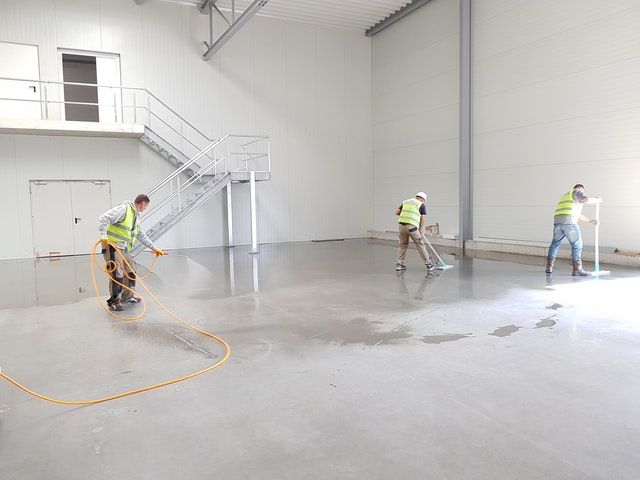Yesterday, we announced that Chain.io will be supporting the Digital Container Shipping Association standard for Track & Trace. Here's why this is a really big deal...

Whether you prefer the buzzword "Industry 4.0" or "digital transformation" or "the Amazon effect," we can all agree that underlying assumptions about what it takes to be a participant in the global supply chain have fundamentally changed. For centuries, if you owned a ship, you were measured on two things. Can you get my product where it needs to be on time and are you cheap?
Things like "EDI" and "data" were (at best) value-added-services, and when push came to shove, they often lost out to "cheap." Not anymore.
In the modern supply chain, a shipment that moves without a constant stream of actionable data is worthless. A milestone event from a carrier may bubble up through forwarders, 4PLS, eCommerce platforms and become a popup on a consumer's phone. Getting that data hours (or a few days) late becomes a brand relationship issue between the retailer and their customer. In a manufacturing environment, missed data events might cause an automated planning system to misread available-to-promise inventory causing millions of dollars in additional purchases and manual intervention per year.
Thankfully, the carriers have decided to embrace their new role as active participants in a dynamic supply chain ecosystem. While each carrier has a unique strategy and vision of their role in this interconnected world, they all agree that the basic tenants of open connectivity and business process standardization are (forgive the pun) a rising tide that will lift all boats.
With the creation of the DCSA and the publication of their version 1.0 standards, the ocean carriers are taking concrete steps towards becoming service-based participants in the new digital world.
Why Chain.io's Participation Matters
To geeks, standards are beautiful things. Full of flow charts, reference documents, and certainty, they're tiny paragons of engineering optimism. The world, however, is a messy place. Ocean carriers will make great efforts to be standards compliant, but the nuances of their businesses, technical platforms, and interpretations will lead to slight variations in the actual implementations.
They'll also learn and adapt. The DCSA supply chain integration standards are called version "1.0" for a reason. There will invariably be a version "1.1" and a version "2.0". One carrier will have moved to "2.0" while another is still on "1.0" and a third is stuck in the middle on version "1.1". In a more pessimistic view, a single carrier might have different systems deployed in different regions and those systems may be on different versions even within the same company.
They'll also continue to compete with each other. One carrier might take the standard and "enhance" it with additional data to solve a particular problem, and another carrier may enhance the same specification in a slightly different way. We all hope this doesn't happen, but if you remember "Internet Explorer Only" websites in the 2000s, then you've experienced a single actor enhancing a supposedly global specification.
Do you want to deal with all of these versions and variations? Do you want to address different interpretations of permission models and setup processes? Do you want your IT team spending the next twenty years keeping up with all of the new releases and updates and end-of-life notices? Does doing all of that maintenance work bring you a single iota of customer-facing business value?
As a former freight forwarding CIO, I know that I would never volunteer for that headache. As a former founder of an operations-facing supply chain software company, I can think of a thousand more important things for my development team to be working on.

Establishing Best Practice Supply Chain Integrations
At Chain.io, we're raising our hands. We're volunteering to take on this problem so our customers and ecosystem partners don't have to. With our customers and partners' support, we're weaving the standards into our existing best practice based integrations. We're committing to dealing with the variations so our customers can get a clean data feed into their operations systems. We're committing to keeping up with versioning so our ecosystem partners can focus on building great products.
Even with the best standards, integration is a messy, messy business. We'll do the hard work of cleaning it up so you can focus on more important things.
Schedule a Demo